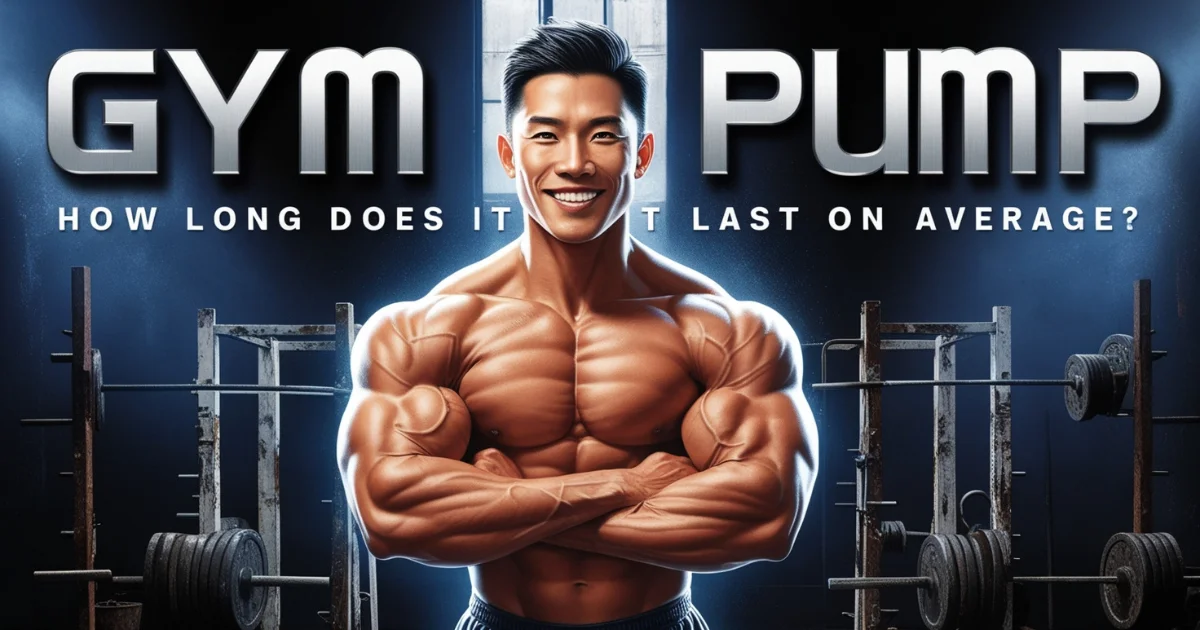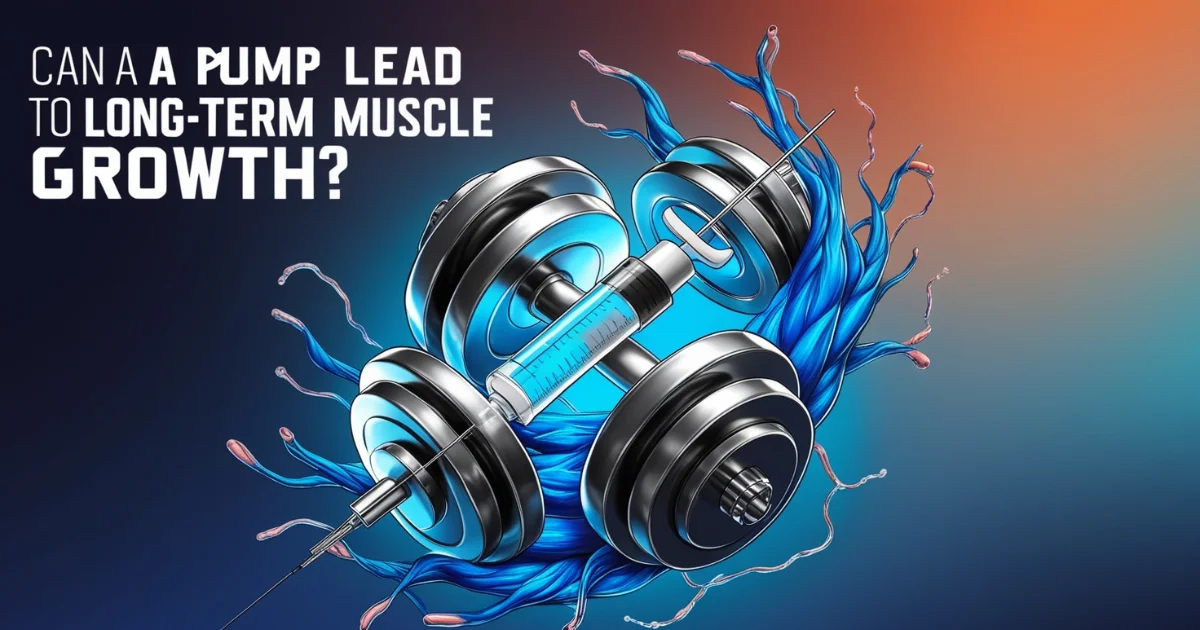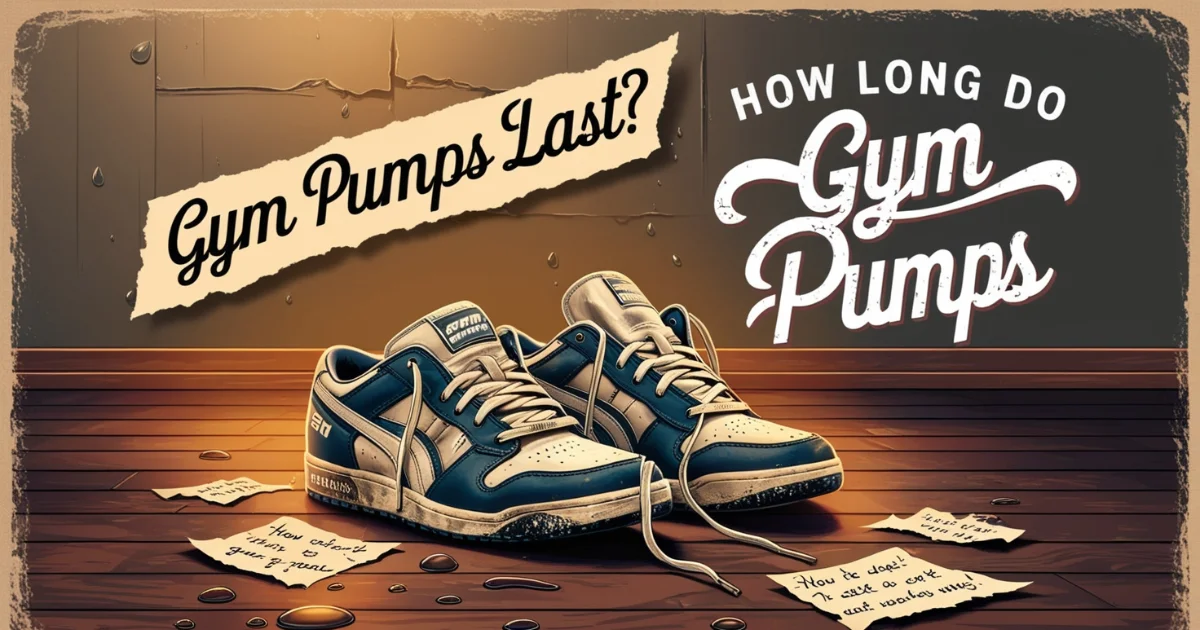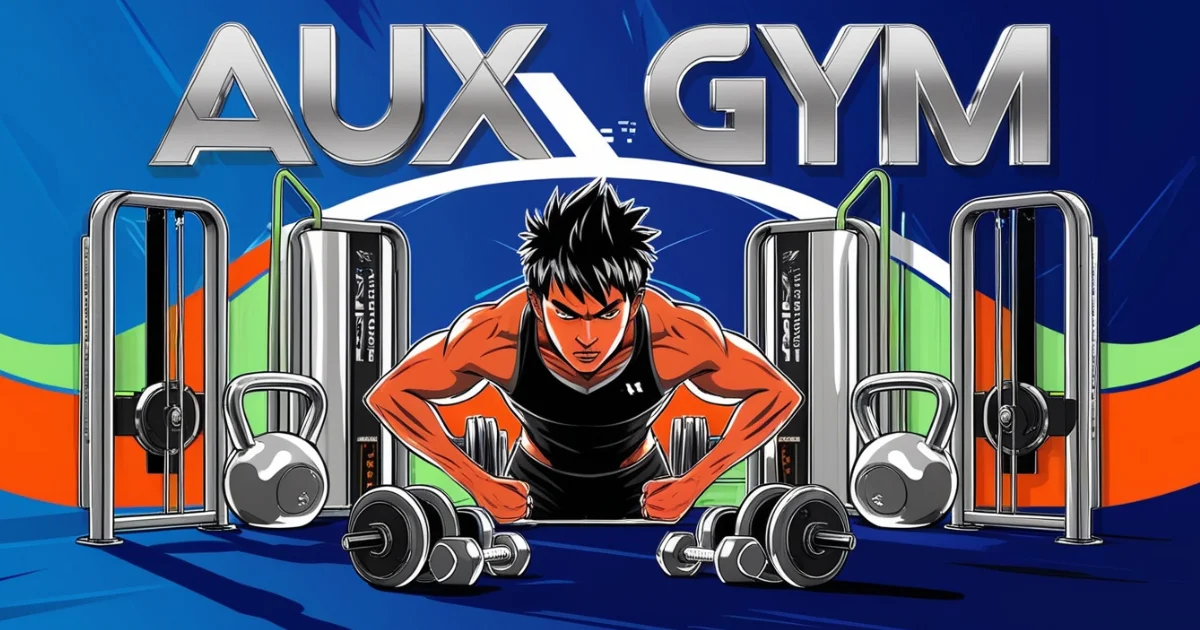How Long Do Gym Pumps Last An Impressive Guide in 2024
Introduction: What Is a Gym Pump?
If you’ve ever walked out of the gym feeling like your muscles are about to burst out of your skin, you’ve experienced what’s known as the “gym pump.” But what exactly is this phenomenon, and why do so many gym-goers chase it? A gym pump refers to the temporary increase in muscle size and tightness during and shortly after a workout. It results from increased blood flow to the muscles, and while it doesn’t last forever, the feeling is enough to keep many fitness enthusiasts returning for more.
In 2024, with the rise of social media fitness culture and an increased focus on aesthetics, the gym pump has become more popular. But how long does this impressive pump last? And can you make it stick around longer? Let’s dive into the details.
Understanding the Science Behind Gym Pumps
Before discussing how long a gym pump lasts, it’s important to understand its science. The pump occurs when blood flows into your muscles faster than it can leave, causing them to swell. This happens primarily because your muscles work hard and need more oxygen and nutrients to keep going.
When you perform resistance exercises, the repeated contractions squeeze your blood vessels, temporarily trapping blood in the muscle. This increased blood flow brings more oxygen, nutrients, and fluids, giving the muscle that tight, full feeling. The result? You feel and look “pumped.”
Factors That Influence How Long a Gym Pump Lasts
A gym pump’s duration can vary based on several factors:
Intensity of the Workout: The harder and more intense your workout, the longer your pump is likely to last.
Type of Exercise: Compound exercises (like squats and deadlifts) often produce a longer-lasting pump than isolation exercises (like bicep curls).
Hydration Levels: Staying hydrated ensures that your muscles receive enough fluids to sell and stay pumped.
Nutrition: Your diet, particularly your intake of carbohydrates and electrolytes, plays a big role in how long your pump lasts.
How Long Does a Gym Pump Last on Average?

On average, a gym pump lasts anywhere from 30 minutes to 2 hours after you finish your workout. This duration can vary widely depending on the factors mentioned above. For example, if you’ve just finished a high-intensity workout, ate a carb-rich meal, and are well-hydrated, your pump might linger closer to the two-hour mark. However, if you’re dehydrated or your workout isn’t as intense, the pump may fade within 30 minutes.
Tips to Maximize the Duration of Your Gym Pump
Want your pump to stick around longer? Here are a few tips to make that happen:
High-Volume Training: Incorporate more sets and reps to flood your muscles with blood.
Drop Sets and Supersets: These techniques invlve performing exercises with little to no rest, which keeps the blood flowing and maximizes the pump.
Short Rest Periods: Taking shorter breaks between sets prevents your muscles from cooling down and losing their pumped-up feeling.
Hydration and Its Impact on Gym Pumps
Drinking water is key to a lasting pump. Dehydration can make it harder for your muscles to swell, meaning your pump fades faster. Water helps keep your muscles full and supports blood flow, while electrolytes like sodium and potassium regulate the balance of fluids in your body.
Nutrition: The Key to a Lasting Pump
What you eat plays a significant role in how long your pump lasts. Carbohydrates are essential because they replenish glycogen stores in your muscles, which helps them stay full and tight. Additionally, consuming amino acids and protein helps repair muscle fibers, contributing to a longer pump.
Supplements to Enhance Your Gym Pump
Certain supplements can help you achieve a more intense and longer-lasting pump. Popular options include:
Pre-Workout Formulas: Look for ones that contain caffeine, beta-alanine, and citrulline malate to enhance performance and blood flow.
Nitric Oxide Boosters: These increase blood flo to the muscles, making your pump more pronounced.
Creatine: This supplement helps your muscles retain water, contributing to a fuller look and feel.
How to Maintain the Pump Post-Workout
So, you’ve finished your workout—now what? To hold onto your pump for as long as possible:
Stretch: Gentle stretching helps keep blood flowing to the muscles.
Eat a Balanced Post-Workout Meal: Focus on a combination of protein and carbs to replenish your energy and muscle stores.
Does Your Fitness Level Impact Pump Duration?
Your fitness level also plays a role in how long your pump lasts. Beginners may find that their pump doesn’t last as long as those with more experience, as their muscles are still adapting to the new stress. Advanced lifters often experience longer pumps because they’ve developed better blood flow and muscle endurance over time.
Psychological Impact of the Gym Pump
Beyond the physical sensation, the pump offers a mental boost. It’s not just about aesthetics—it’s a psychological reward that can boost your confidence and motivation. The feeling of being “pumped” is often what keeps people coming back to the gym, driving them to push harder in future workouts.
Common Mistakes That Shorten the Duration of a Pump
Certain mistakes can cause your pump to disappear faster than it should:
Overtraining: Pushing yourself too hard can lead to muscle fatigue, which reduces your ability to hold onto a pump.
Skipping Warm-Ups or Cooling Down: Failing to properly warm up or cool down can reduce blood flow, cutting your pump short.
Can a Pump Lead to Long-term Muscle Growth?

While the pump itself is temporary, it can play a role in long-term muscle growth. The increased blood flow brings essential nutrients to your muscles, aiding recovery and growth. However, don’t confuse the pump with hypertrophy (muscle growth), as the latter is more about progressive overload and consistent training.
The Role of Genetics in Gym Pump Duration
Genetics also affect how long your pump lasts. Some people are naturally predisposed to better blood flow, meaning they experience longer pumps. But don’t worry—while genetics play a role, proper training, hydration, and nutrition can still give you a noticeable pump, even if you’re not genetically blessed.
Conclusion: Mastering the Gym Pump in 2024
In 2024, gym pumps remain a coveted aspect of training for many fitness enthusiasts. While the pump may be temporary, understanding the factors that influence its duration can help you extend it. By focusing on hydration, nutrition, and workout intensity, you can maximize the pump for both performance and aesthetics. After all, who doesn’t love that extra bit of muscle swelling after a hard workout?
Relevant Post:
You May Like:
- 151 Bold Cycling Team Names For Your Events in 2024
- 125 Game-changing Bocce Ball Team Names for 2024
- 162 Best Flag Football Team Names in 2024
- 207 Best Volleyball Team Names That Are A Hit in 2024
- 273 Badminton Team Names: Smash Your Way to Victory!
- Top 276 Game-Changing Tennis Team Names for 2024
- 209 Best Softball Team Names Trending in 2024



